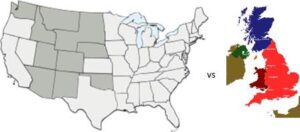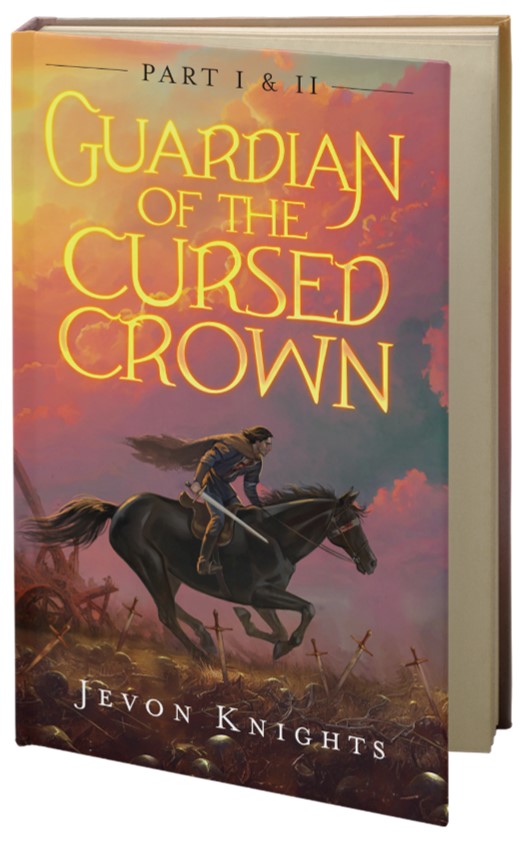
I remember the first time I realized the UK spelling of the word “centre”.
It was almost 3 decades ago (damn, that long) in primary school, standard 5 one sunny morning, blue skies and white clouds. The building itself sat squarely on a corner in my country’s capital Port of Spain, just out of traffic’s reach, cars momentarily roaring down both Richmond Street and Duke Street, horns sometimes honking in the distance.
Not too clear what point the teacher was trying to get across, which was probably the case for most almost-teenage students. That’s when the word came up on the board.
“That has to be a mistake,” I said to my classmate. After all, no self-respecting word would ever allow itself to be spelt like that. How is it even pronounced when the ‘r’ is placed before the ‘e’ in that way?
I think my classmate shrugged, mind probably occupied with more important things like mastering the infinite lives trick in Super Mario Brothers, or Gooseman plunging into a black hole in Galaxy Rangers (both extremely important at the time, I admit).
Someone pointed it out and indeed, the teacher responded it was correct. “That’s the UK spelling,” she said, “and since Trinidad and Tobago falls under the British system, that’s how we spell it here.”
The UK spelling for other words like favour, rumour, and harbour I could understand, but it took me years, and several red ink corrections, before I finally accepted “centre”.
Now that I’m writing a novel, US vs UK spelling has really made a point in my life. By default all software purchased here, and most websites browsed, are set to US spelling. Even as I type this post, the blog software WordPress is busy red underlining every UK word.
This includes MS Word, a writer’s primary go-to app for writing (I played around with Scrivener for a bit but device compatibility made me stick with Word).
Sometimes my spelling alternates between both versions. Words like gray vs grey, and story vs storey seem to be bi-regional, and even MS Word has no idea which one is correct. But when I first started writing, I chose the US based spelling because it came recommended in my writing group.
But then I saw it, in my latest Warhammer 40k reading of Space Wolf, a sentence that read “There were metal armoured men from the forge worlds.”
The writer spelt it as armoured, not armored.
Even in my previous reading of Joe Abercrumbie’s the Last Argument of Kings, a sentence read “Mosaics of coloured glass and pillars of white marble shone in the blazing sun.”
Coloured, not colored.
So that settled it, UK system it is then. It’s interesting how many words turned red when I changed MS Word’s dictionary to Trinidad and Tobago.
Here are some that really caught me offguard (US vs UK):
maneuver vs manoeuvre
plow vs plough
mold vs mould
defense vs defence
So the next time you’re reading a novel, take note and tip your hat for the UK spelling. I certainly will.
 Knights Writes
Knights Writes
I agree with you. Took me years to accept ‘centre’ just that particular word. Reading your article made me realise i favour the Uk spelling with most words……apparently not all. Very interesting. Good to know and be aware of.
Thanks Gina. Glad to hear I’m not the only one.
Interesting and very informative.
Thanks